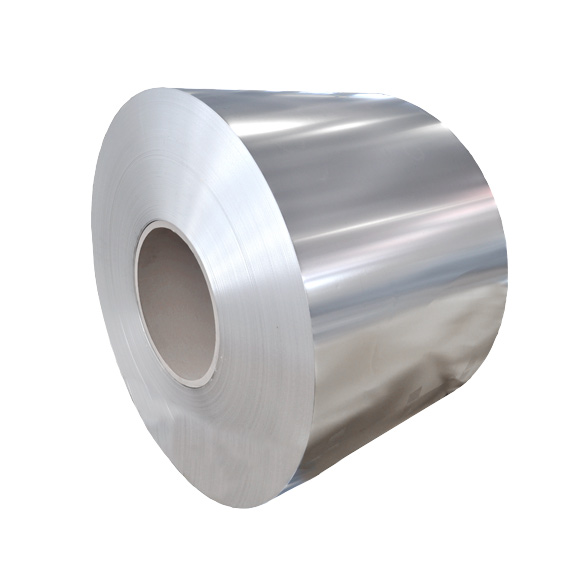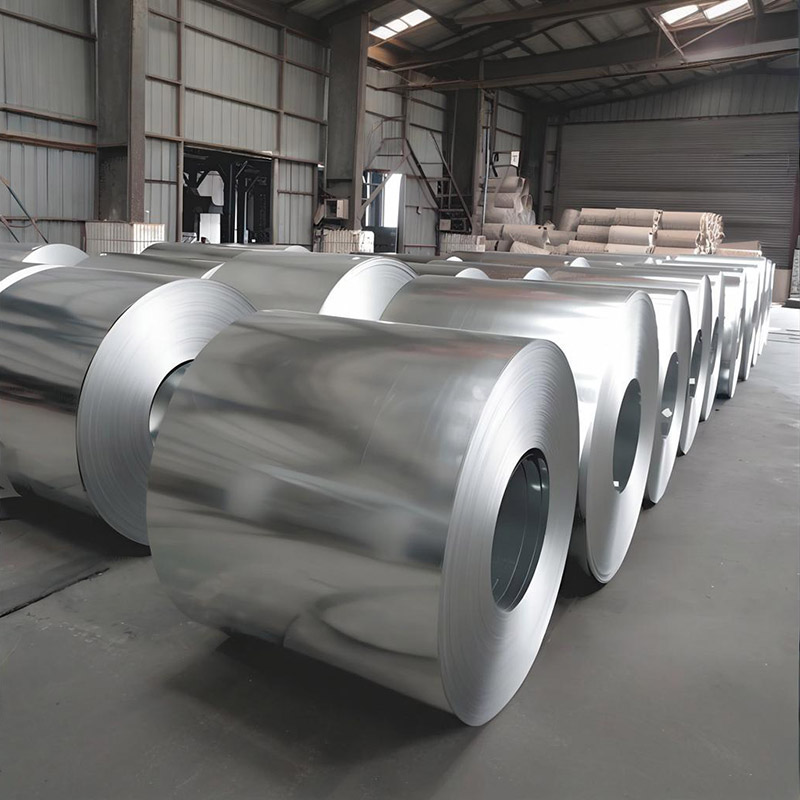Tinplate Coils: The Ultimate Guide to Quality and Applications
What exactly are tinplate coils and why have they become indispensable in modern manufacturing? Tinplate coils are thin steel sheets coated with a layer of tin, offering an exceptional combination of strength, corrosion resistance, and formability. These versatile materials serve as the foundation for countless products we use daily, from food containers to industrial components.
How are quality tinplate coils manufactured? The production process begins with cold-rolled steel that undergoes meticulous cleaning before being electrolytically tinned. This coating thickness typically ranges from 0.5 to 15.0 g/m² on each side, depending on the intended application. Premium tinplate coils feature uniform coating thickness, excellent surface finish, and precise thickness tolerance—critical factors that determine their performance in end-use applications.
When evaluating tinplate coil quality, several parameters demand attention. The temper grade (T1-T5) indicates the material’s hardness and formability, while the surface finish (ranging from 1 to 9) affects printability and appearance. The spangle size, referring to the visible crystal pattern on the surface, should be consistent for aesthetic applications. Additionally, the coating’s adhesion strength and resistance to corrosion are paramount for packaging applications where product integrity is non-negotiable.
What makes tinplate coils so versatile across industries? Their primary applications include food and beverage packaging (accounting for approximately 70% of usage), where they preserve contents and enable attractive presentation. Beyond packaging, tinplate coils find use in automotive components, electrical appliances, and construction materials. The material’s recyclability—exceeding 80% in many regions—further enhances its environmental credentials in an increasingly sustainability-conscious market.
How can businesses select the right tinplate coil supplier? When choosing a supplier, consider their quality certifications (ISO 9001, BRC, IFS), technical support capabilities, and flexibility in meeting custom requirements. A reliable supplier should provide comprehensive technical data sheets, offer sample testing services, and demonstrate consistent production quality through third-party audits.
The tinplate industry is evolving rapidly, with increasing demand for lightweight yet stronger materials and enhanced recyclability. Innovations in coating technologies are expanding tinplate’s applications into new markets, including sustainable packaging solutions that address environmental concerns while maintaining product protection.
Based on industry experience, investing in high-quality tinplate coils delivers long-term benefits through reduced material waste, improved production efficiency, and enhanced product durability. While initial costs may be higher, the superior performance characteristics of premium tinplate justify the investment for most applications, particularly in competitive markets where product quality and brand reputation are paramount.



